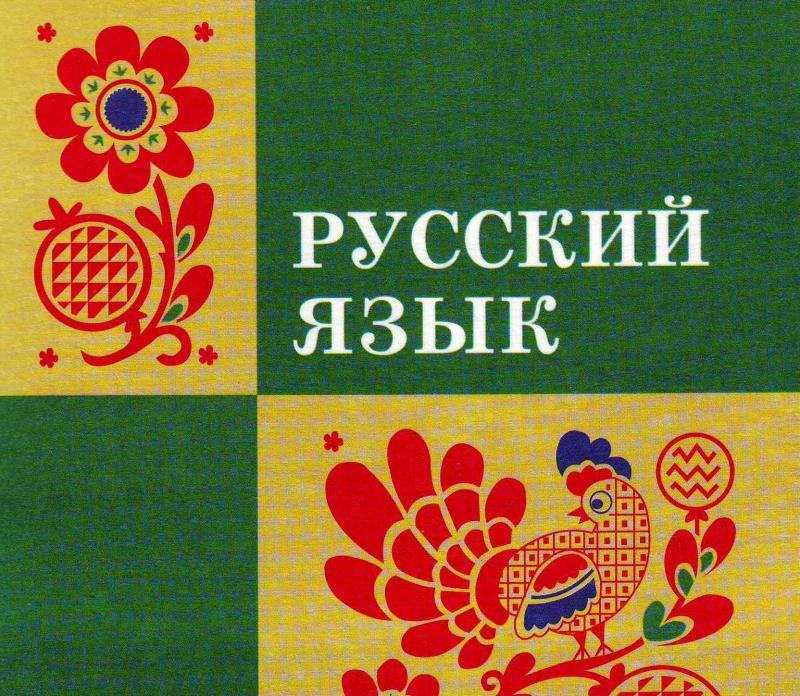Moskovkin Russkij Yazik

Sportsfest. LEHIGH VALLEY SPORTSFEST, INC. (LVSF) IS A 501 (C) (3) CORPORATION ORGANIZED IN THE COMMONWEALTH OF PENNSYLVANIA AND IS REGISTERED WITH THE PENNSYLVANIA BUREAU OF CHARITABLE ORGANIZATIONS. THE PURPOSE OF LVSF IS TO PROMOTE SPORTS IN THE LEHIGH VALLEY BY OFFERING LOCAL ATHLETES THE OPPORTUNITY TO COMPETE IN THE SPORT OF THEIR CHOICE. Sportsfest Program Example. The bite- sized information caters to the needs of people who are keen in picking up this art but don’t have time to commit to a face- to- face course. The UP for this course is US$5. But for a limited time, I will be offering it at US$1. Simply drop me a message with on.
Contents • • • • • • • • • • • • • • • • • • • • • • • • Classification [ ] Russian is an of the wider. It is a lineal [ ] descendant of the language used in, a loose conglomerate of tribes from the late 9th to the mid 13th centuries. From the point of view of, its closest relatives are,, and, the other three languages in the East Slavic languages. In many places in eastern and southern and throughout, these languages are spoken interchangeably, and in certain areas traditional bilingualism resulted in language mixtures such as in eastern Ukraine and in. An East Slavic, although vanished during the 15th or 16th century, is sometimes considered to have played a significant role in the formation of modern Russian. Also Russian has notable lexical similarities with Bulgarian due to a common influence on both languages, as well as because of later interaction in the 19th and 20th centuries, although Bulgarian grammar differs markedly from Russian.
In the 19th century (in Russia until 1917), the language was often called ' to distinguish it from Belarusian, then called 'White Russian' and Ukrainian, then called 'Little Russian'. The (mainly abstract and literary words), principles of word formations, and, to some extent, inflections and literary style of Russian have been also influenced by, a developed and partly russified form of the language used by the. However, the East Slavic forms have tended to be used exclusively in the various dialects that are experiencing a rapid decline. In some cases, both the East Slavic and the forms are in use, with many different meanings.
For details, see. Over the course of centuries, the vocabulary and literary style of Russian have also been influenced by Western and Central European languages such as,,,,,, and, and to a lesser extent the languages to the south and the east:,,, and, as well as. According to the in, Russian is classified as a level III language in terms of learning difficulty for native speakers, requiring approximately 1,100 hours of immersion instruction to achieve intermediate fluency. It is also regarded by the as a 'hard target' language, due to both its difficulty to master for English speakers and its critical role in. Standard Russian [ ]. See also: The language was first introduced in when voyaged into and claimed it for Russia during the 18th century. Although most Russian colonists left after the United States bought the land in 1867, a handful stayed and preserved the Russian language in this region to this day, although only a few elderly speakers of this unique dialect are left.
Unlimited recording storage space. Live TV from 60+ channels. No cable box required. Cancel anytime.
Sizable Russian-speaking communities also exist in, especially in large urban centers of the and, such as,,,,,,,,,,,,,. In a number of locations they issue their own newspapers, and live in (especially the generation of immigrants who started arriving in the early 1960s). Only about 25% of them are ethnic Russians, however. Before the, the overwhelming majority of in in New York City were Russian-speaking. Afterward, the influx from the countries of the former changed the statistics somewhat, with ethnic Russians and Ukrainians immigrating along with some more Russian Jews and Central Asians. According to the, in 2007 Russian was the primary language spoken in the homes of over 850,000 individuals living in the United States. As an international language [ ].
• • • • • • • • • • • • • • • • • • • • • • • • • (defunct) • (defunct) The Russian language is also one of two official languages aboard the – astronauts who serve alongside Russian cosmonauts usually take Russian language courses. This practice goes back to the mission, which first flew in 1975. In March 2013 it was announced that Russian is now the second-most used language on the Internet after English.